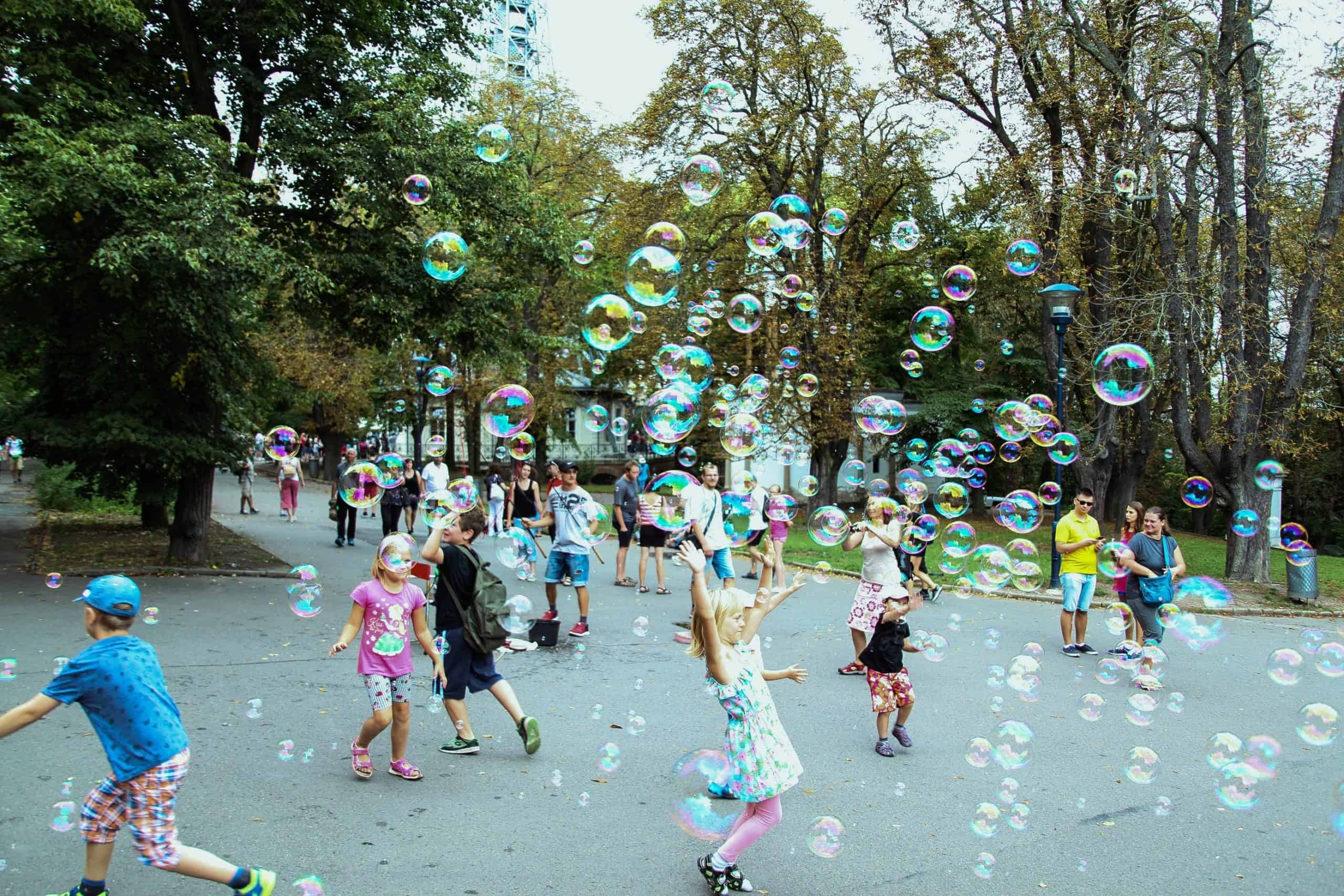Throughout my short three-year life as a Jesuit, I have lived in and visited more than a handful of Jesuit communities. These communities exist in cities ranging from Syracuse, New York to Birkirkara, Malta; are composed of men with different academic backgrounds and ministry assignments; and follow a unique ordo or schedule for common meals, prayer, and meetings. Just this past summer, I rested my head in four, spending the majority of my time in El Paso, Texas.
In the midst of these distinctive qualities, all of these communities are really the same: they have all been welcoming homes. Sure, there is an adjustment period and every community has its own way of welcoming. In each, however, I had the opportunity to incorporate myself into the group. I brought what I already learned and cherished from Jesuit life and blended it into the customs and norms of a new house.
In being invited to cook, I have been able to share some of my childhood and family heritage through my mother’s Maltese cauliflower stew recipe. In participating in faith-sharing, I have been able to express and have the movements of my personal prayer intentionally listened to. Driving from ministry to the community in a 1994 Ford Discovery, I have been able to simply be and rest whether in silence or in conversation with a trusted Jesuit. I now find that I can enter a new community as a brother before I am even met.
We draw inspiration from our founder’s pilgrimage, one both spiritual and physical, that established his home on the road. So too is our home. As it says in our Constitutions, we “travel through various parts of the world…to use all…means it can with the grace of God to help souls 1. God sustains us in our humble attempt to do His will through the religious fraternity and community life that builds up and welcomes us into this nomadic home.
We Jesuits are far from unique in our movement or traveling from place to place. This past summer has further revealed to me the forced movement of some of our brothers and sisters south of the border. Walking alongside migrants in El Paso’s shelters I came to realize that, particularly in their transition from Latin America to the U.S., these our brothers and sisters find themselves on the road. Yet home is one of the last words they or any other person might use to describe their traveling.
This lack of finding a home should be obvious. In many cases, migrants find themselves facing the harsh realities of persecution, war, and natural disasters that force them to uproot and leave behind their home and all its beloved people, culture, and, at times, religion. These same individuals often find that on their path in search of a new dwelling place they are met with danger, suffering, and fear. These struggles not only arise while traversing deserts or sleeping in abandoned warehouses, but even while on safe U.S. soil. They are manifested directly in not being given food, water, and shelter. These struggles also come forth indirectly not only in our collective ill-speech toward the migrant, but when we neglect them in our words, thoughts, and prayers as if their hardships and common human desire for a home do not exist.
Children in the shelter showed me that everyone desires a home. Between meals, children would wander around the shelter searching for anyone or anything to play with. They could not wait to be free from their parents’ watchful eyes. They would often be dragged along to important yet boring and stressful adult tasks. After so much time on the move, no kid wants to fill out paperwork or wait in a dormitory for a call from their sponsor informing them that their plane or bus ticket had been booked for their final destination.
One afternoon, I came across a stash of bottled liquid bubbles in the volunteer office and thought of the children. After blowing a few bubbles into the dormitory, I instantly found myself surrounded and adorably followed by over a dozen children ranging from age 3 to 10. Bottle in hand, the children’s faces lit up with joy. Hundreds of bubbles suddenly filled the room as everyone laughed and shouted “mira, mira”, “look, look” to call attention to their impressively large “burbujas”. And when one child would run out of liquid, he or she would not even have a chance to ask before a newly made friend poured some of his or her liquid into the empty bottle. Simply receiving a small bottle of bubbles and being in friendly company, the children had their dark and anxiety-filled experiences transformed into a place of belonging, rest, and generosity. The children were reminded that our God-given yet often troubling world also contained bubbles and friends; there was indeed hope beyond their struggles.
Large-scale issues such as endemic violence in the former home-country of a migrant are in desperate need of being addressed by governments, global organizations, and the Church. These issues, in their magnitude, can lead to our becoming numb to the needs and desires of the displaced. We think that nothing can be done to help on our end. Yet we must not be discouraged. God always has a way of reaching us, even within the depths of our apparent helplessness; He is powerful enough to call us on a smaller-scale to take on a certain disposition toward the displaced and partake in God’s own extraordinary healing.
This disposition of welcome begins within the homes of our hearts. Like any home, we may hear of the unpleasant experiences of those who attempt to enter. It is easy to turn a deaf ear in their direction. We can then ask ourselves, what can help soften our hearts? What can help us not only hear, but attentively listen? It may just be a bottle of bubbles. But whatever it is, we will know when we find it because our hearts will open up to the desires and hurts of the other. We will know because we will be reminded that the displaced share in the human identity of God’s beloved. We will know because our love for Jesus, who does the same in his comforting us, will grow in prayer, word, and action toward all.
Photo by Jessie Shaw on Unsplash.
- Cons., 130, §308 ↩


